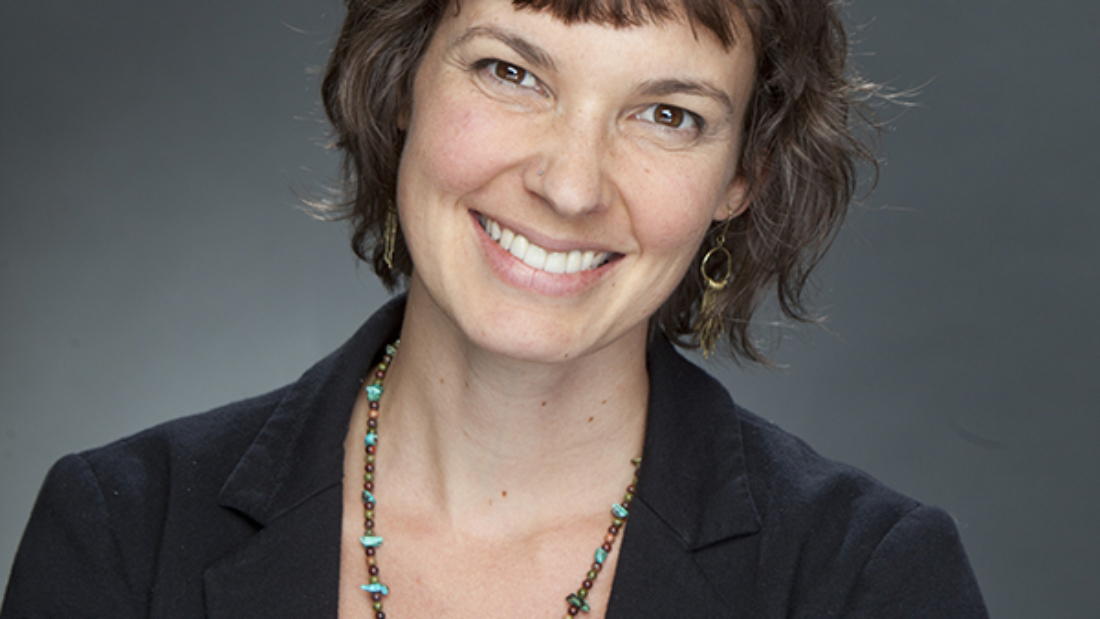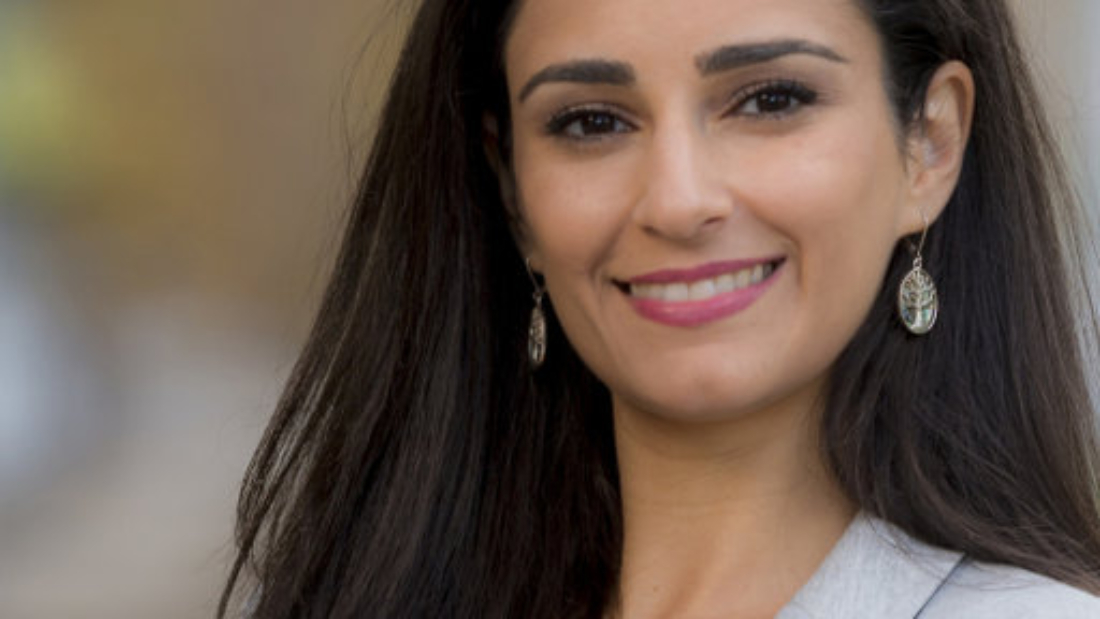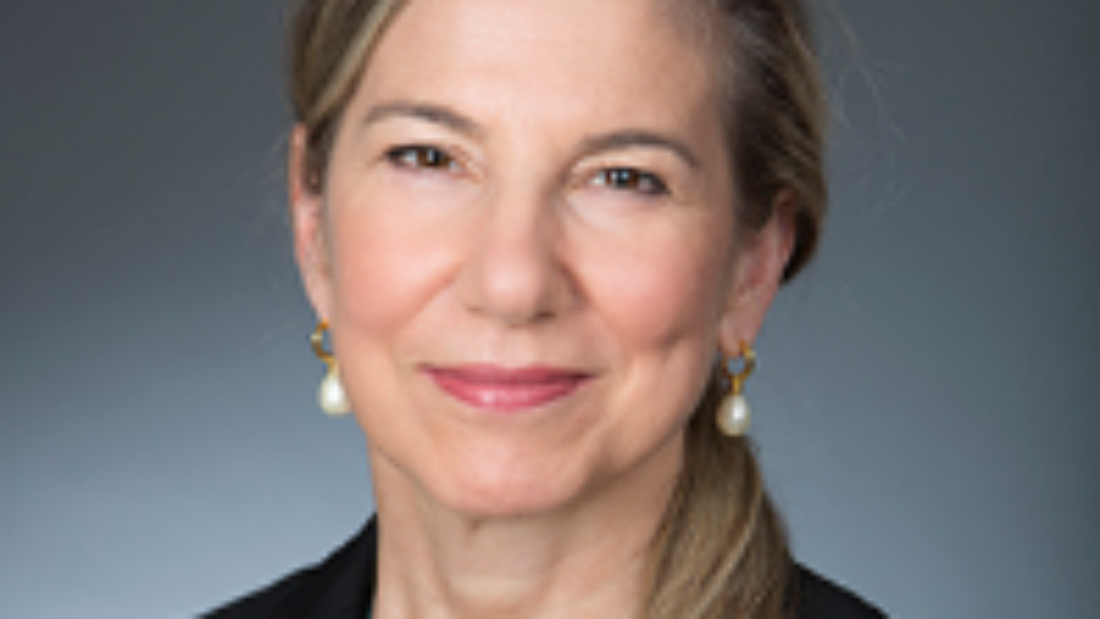As part of our countdown to Milk | Mood | Moves conference, we are highlighting a few of our speakers. Next up: Dr. Kate Havens, in her own words!
How did you get interested in perinatal health? Describe your journey to the work you are doing now.
It’s actually a funny story: I had finished my Ph.D in knee injuries in athletes and was really doing some soul searching about what area of research I wanted to study for my faculty career. I went to a professional conference, the American Society of Biomechanics, where I presented my research on quantifying balance during walking. I was wandering around a poster session and happened upon a title that caught my eye: “Babywearing Biomechanics”. I had a 1-year-old at the time and was wearing him constantly. I ran over to the poster and met someone who really changed the course of my career: Dr. Erin Mannen. She is also a Ph.D-trained biomechanics researcher, and we became fast friends. We have collaborated on projects ever since, publishing two manuscripts, presenting at conferences, and writing another manuscript together now. I always wonder how long or whether I would have arrived at perinatal health research if it weren’t for that one chance encounter!
Which of your projects are you most excited about? Describe that project.
Right now, I am analyzing the movement of moms during daily infant care tasks, like lifting them off a changing table, off the floor, and walking while carrying them. My expertise is in biomechanics, so I use a motion capture system to study movements, from how long their steps are to the forces that go through the hip joint. I also collect their muscle activity to understand how they coordinate their body to perform tasks. It’s pretty cool!
How did you get involved with Nurturely?
As an academic, I’m constantly reading scholarly literature on my areas of interest. I read one of [Nurturely’s Founder] Dr. Emily Little’s articles, and thought it was so interesting and a unique perspective from my own. I emailed her, we set up a phone call and again, became instant friends and collaborators!
How will you be participating in Nurturely’s Milk | Mood | Moves?
I’m thrilled to be giving a talk called “Mama Moves: Musculoskeletal Anatomy and Biomechanics of the Perinatal Experience.”
What do you hope participants get out of your portion of the conference? What is the one take-away?
I hope to be able to bring the anatomical and biomechanical perspective to the conference, so my takeaway is: Structure matters!
Where do you want to see your work go?
I hope to reduce pelvic girdle pain and improve outcomes for pelvic floor dysfunction through targeted, evidence-based interventions. That’s a fancy way to say- I want moms to not suffer with back pain or pee their pants when they sneeze!
To learn more about Dr. Haven’s work, register for Milk | Mood | Moves, an interdisciplinary conference that starts tomorrow, September 23rd for health professionals, researchers, and advocates to share the latest science and clinical knowledge of pregnancy, birth, and postpartum, focusing on human milk and lactation, perinatal mood disorders, and physiology and biomechanics of the perinatal period.


